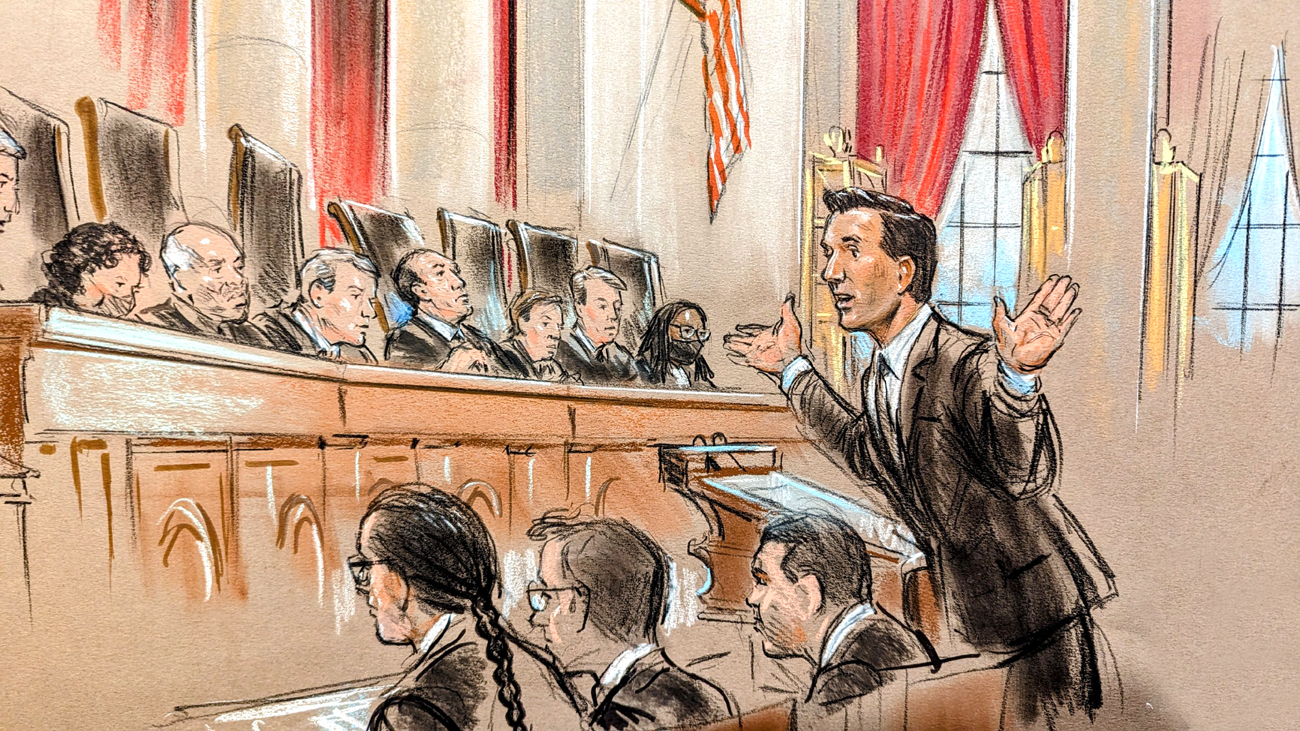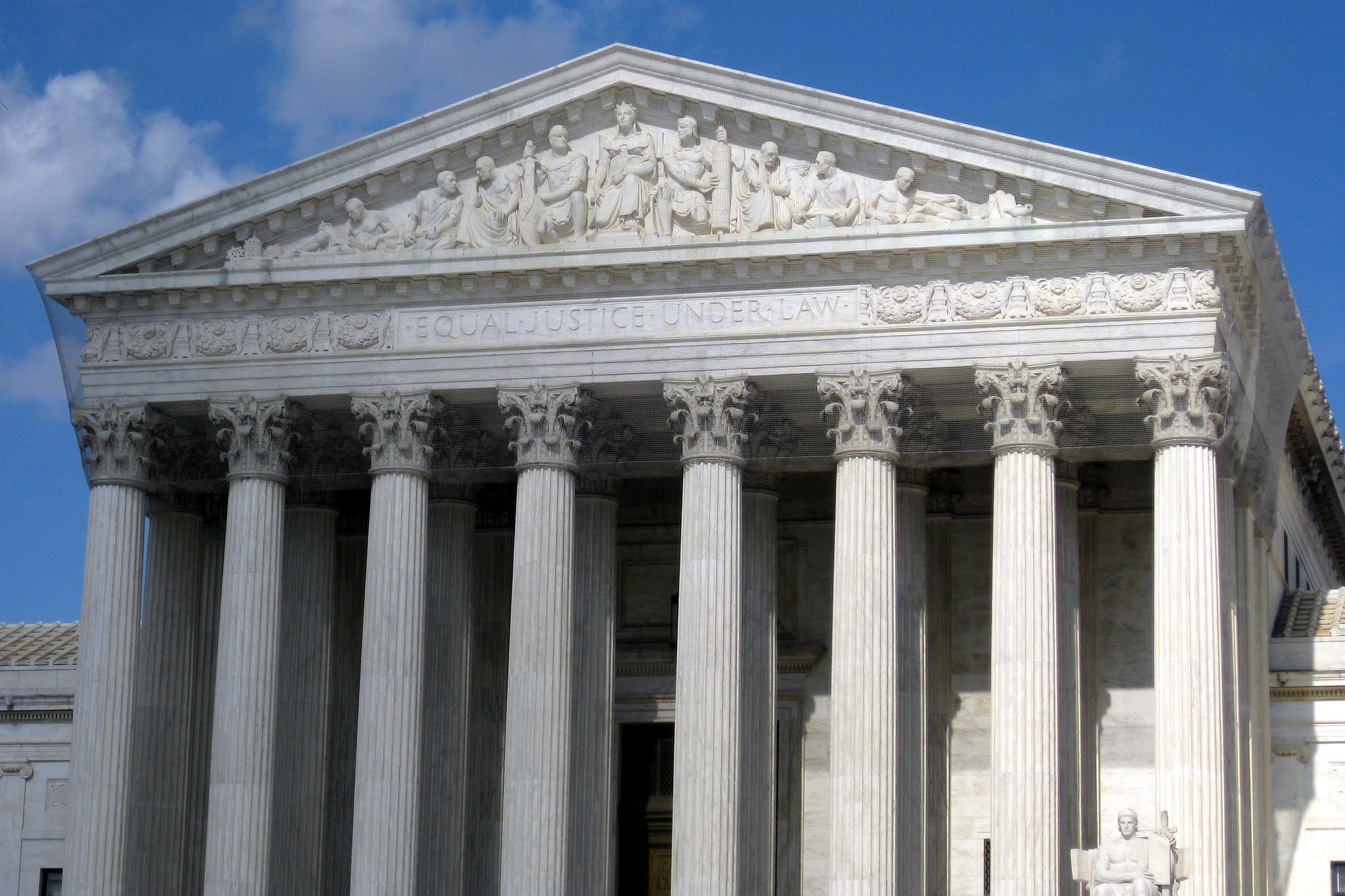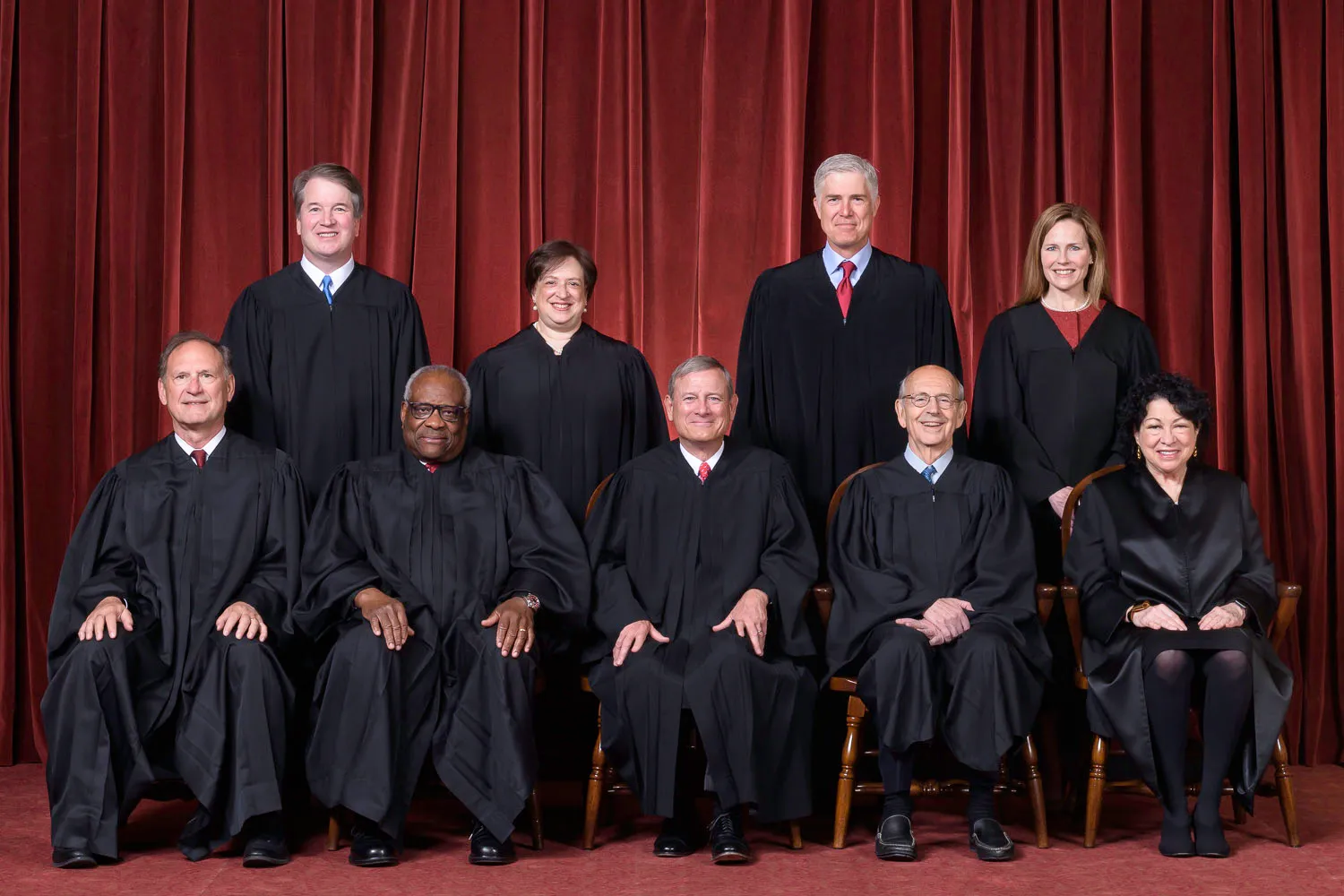What level of suspicion do police need to enter a home without a search warrant for an arrest?
PETITIONS OF THE WEEK
on Mar 3, 2023
at 4:02 pm
The Petitions of the Week column highlights a selection of cert petitions recently filed in the Supreme Court. A list of all petitions we’re watching is available here.
It is unconstitutional for police to enter a home without a warrant to arrest someone if they do not have “reason to believe” the suspect is in the home. This week, we highlight cert petitions that ask the court to consider, among other things, whether that standard is equal to a showing of probable cause needed to obtain a warrant, or something lesser.
Tracy Pennington lives in Ripley, West Virginia. Because her daughter, S.W., missed too many days of school, the state placed her under the care of her paternal grandparents. S.W. soon ran away and stopped going to school entirely. Her grandparents informed social services, who got a judge to declare S.W. an active runaway and issue a “pickup order” to bring her into custody.
After a few unsuccessful months of searching, police received an anonymous tip that S.W. had been seen back at Pennington’s apartment. The county attorney told police that they did not need a warrant to act. So, when officers arrived at the apartment and no one answered the door, they got a key from the landlord and let themselves in. Entering with a weapon drawn, police searched the apartment and eventually found S.W. hiding behind a hollow dresser.
Prosecutors charged Pennington in state court with felony child concealment and conspiracy. Conceding that the officers lacked probable cause to enter the home, the state offered Pennington a plea deal, which she took. Pennington then filed an appeal, arguing that the officers’ search of her home without a warrant or probable cause violated the Fourth Amendment.
The West Virginia Supreme Court denied her appeal. The “reason to believe” standard for warrantless entry, the court held, requires a lower level of suspicion than probable cause. It concluded that S.W.’s outstanding pickup order – the equivalent of an arrest warrant – combined with the uncorroborated anonymous tip were enough to justify the entry.
In Pennington v. West Virginia, Pennington asks the justices to clarify whether “reason to believe” is equivalent to probable cause. She argues that, in the absence of any of the narrow exceptions to the need for a warrant to search a home, the Fourth Amendment prohibits a weaker reading of that standard just because police have a warrant to arrest someone. Pennington contends that the divide among lower courts on this question is so deep that her case would have come out differently had she been charged in federal, rather than state, court in West Virginia.
A list of this week’s featured petitions is below:
Rop v. Federal Housing Finance Agency
22-730
Issue: Whether the challenged decisions of the acting director of the Federal Housing Finance Agency should be vacated because the Constitution does not permit the president to designate an acting official to exercise the powers of a principal officer indefinitely without the advice and consent of the Senate.
Mangine v. Withers
22-738
Issue: (1) Whether and under what circumstances relief is available under 28 U.S.C. § 2255(e)for federal prisoners challenging errors in their sentences; and (2) whether the erroneous deprivation of petitioner’s statutory right to seek a sentence reduction under 18 U.S.C. § 3582(c)(2) constitutes a miscarriage of justice such that petitioner may obtain relief under Section 2255(e).
Pennington v. West Virginia
22-747
Issue: Whether, when police have an arrest warrant for a person, they can enter a home without probable cause that the person resides there and is present within.






